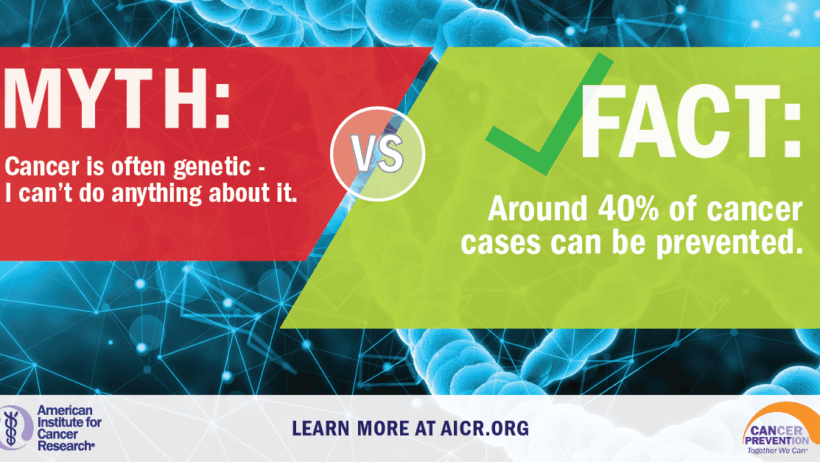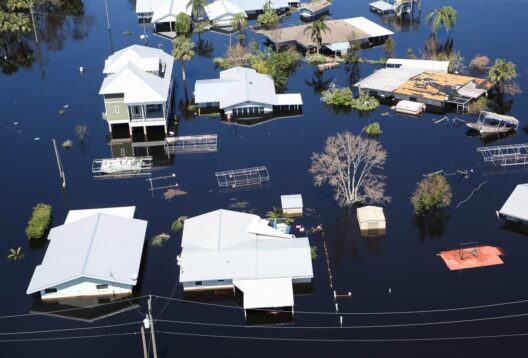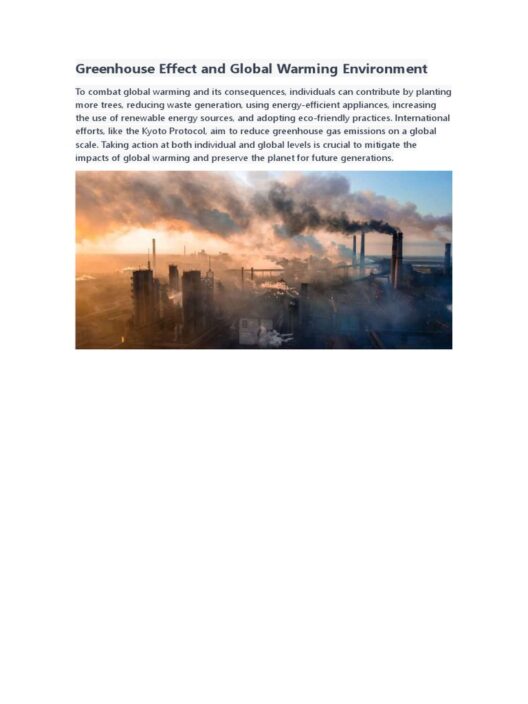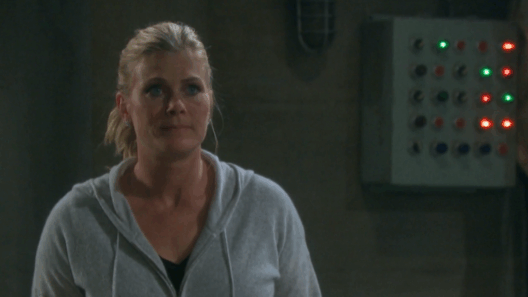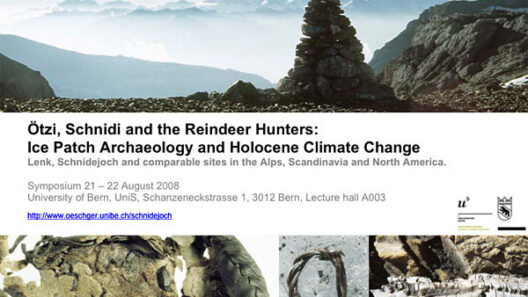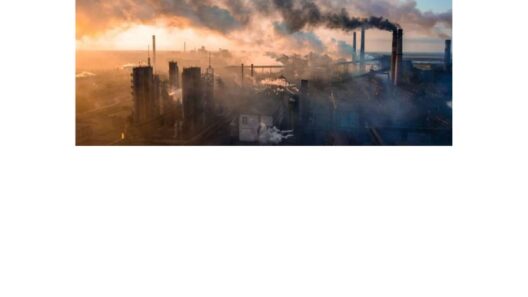In the vast landscape of contemporary environmental discourse, the opinions of thought leaders play a crucial role in shaping public perception. One individual whose views have sparked considerable debate is Don Young, the former U.S. Congressman from Alaska. His perspective on global warming has served as a litmus test for the political and scientific communities, prompting an exploration of whether his assertions are mere myths or genuine menaces. This discourse transcends the mere nuances of legislative dialogue, delving into the fundamental question of accountability regarding the environmental legacy we build for future generations.
To comprehend Young’s position on global warming, one must first navigate the intricacies of his tenure, which spanned nearly five decades. Resilient in his convictions, Young often portrayed climate change as an exaggerated narrative, largely dismissing widespread scientific consensus. His metaphorical framing likened the dialogue surrounding climate change to a tempest; one that, in his view, frequently overshadowed essential discussions on energy independence and economic stability. Such a perspective invokes fascination, as it highlights the perennial conflict between economic growth and environmental responsibility.
As the polar ice caps silently melt, a poignant dichotomy emerges between the tangible effects of climate change and the rhetoric employed by political figures like Young. For many, the stark realities of rising sea levels and erratic weather patterns manifest as an unequivocal alarm bell—a clear menace that demands immediate action. Conversely, Young’s stance suggests that this alarm is but a faint echo, perturbing the tranquility of an otherwise steady ship navigating the turbulent waters of political discourse. This divergence of interpretation not only ignites fervent debates but also crystalizes the unique dynamic between policymakers and scientists.
While the scientific community has largely reached a concordance regarding the anthropogenic influences on climate change, figures like Young challenge this paradigm. His assertions are reminiscent of a debate between light and shadow, where science illuminates critical pathways to sustainability, yet is often obscured by the shadow of political agendas. The adversarial climate between environmental science and political rhetoric illustrates how deeply entrenched interest groups can distort public understanding. In this battleground of ideology, the stakes are monumental—our ability to mitigate climate change hangs in precarious balance.
Young’s reductive characterization of global warming risks delegitimizing the complexities of environmental science. By framing climate change as a myth, he inadvertently fosters an environment ripe for cognitive dissonance. Such a phenomenon occurs when existing beliefs clash with new, factual information. To the casual observer, this narrative may present an alluring simplicity: the dichotomy of truth versus fiction. However, bridging the chasm between these opposing viewpoints is essential in fostering an informed public discourse.
In the broader context of environmental activism, Young’s rhetoric has consequential repercussions. For instance, his dismissal of the climate crisis can inadvertently embolden industries resistant to regulation, bolstering the notion that environmental protections are overly burdensome. This results in a Faustian bargain—a trade-off between short-term economic gains and long-term environmental sustainability. Industries may flourish, but at what cost to the planet and its inhabitants? As the metaphorical scales of justice tilt, the ramifications of such policy decisions resonate far beyond electoral cycles.
Moreover, the consequence of viewing climate change as a mere myth extends into the educational sphere. Young’s assertions may embolden a generation of young thinkers, encouraging them to question established scientific norms. Yet, this skepticism can lead to a pervasive ignorance that hampers progress—a chilling phenomenon in a world that desperately needs informed and committed stewards of its future. The delicate interplay between education and ideological bias becomes a focal point in the battle against climate change, one that will determine the trajectory of environmental policy in the decades to come.
As public opinion continues to polarize, one must question whether discourse surrounding global warming can transcend party lines. In a world often characterized by ideological entrenchment, can Young’s myth be transformed into acknowledgement—a recognition that the environment is not merely a backdrop to economic pursuits but a living entity worthy of respect? The potential for progress exists when diverse voices unite under a shared commitment to environmental stewardship, paving the way for innovative solutions that embrace both economic vitality and ecological integrity.
In conclusion, the discourse surrounding Don Young’s take on global warming exemplifies the broader complexities of environmental politics. Is climate change a myth or a menacing reality? This question remains open to interpretation. As the dialogue evolves, it is imperative that we confront the confounding narratives that inhibit progress. Acknowledging the multitude of influences at play allows for a more nuanced understanding of climate change—an understanding that prioritizes sustainable development while respecting the intricacies of natural ecosystems.
Ultimately, whether one aligns with Young’s assertions or decries them as misguided, the critical takeaway is the necessity for informed and respectful dialogue. It is only through grappling with these challenging concepts that society can hope to forge a more sustainable future. In the grand tapestry of existence, every choice we make reflects our values, shaping not only the world we inhabit today but also the legacy we leave for generations unborn. The time is now to choose wisely, to navigate the complex currents of climate discourse with both courage and clarity.



